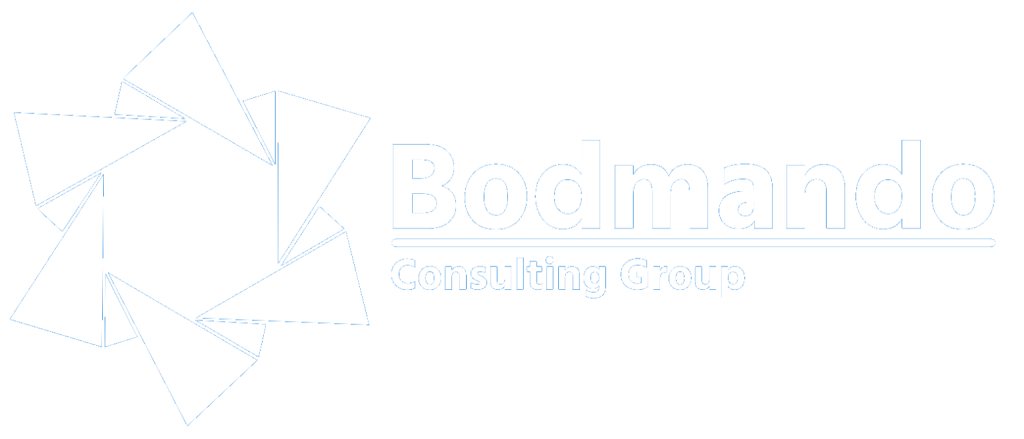Decent Work
Technical Areas
Decent Work
Decent work is a cornerstone of inclusive and sustainable development. Enshrined in Sustainable Development Goal 8, it calls for the promotion of sustained, inclusive, and sustainable economic growth, full and productive employment, and decent work for all. Yet, millions globally still face precarious employment, unsafe working conditions, and limited access to social protections. At Bodmando, we believe that the dignity of work is central to human development and economic transformation. We partner with institutions, businesses, and governments to promote equitable labor markets, enhance workplace rights, and foster livelihoods that empower communities.
Technical Areas
Global and Regional Overview of Decent Work
Despite growing global efforts, access to decent work remains uneven. Challenges such as informal employment, youth unemployment, wage stagnation, and labor exploitation persist exacerbated by economic shocks, conflict, and climate-related disruptions.
- In Sub-Saharan Africa, informal work accounts for over 85% of employment, often lacking social protection and fair wages. Gender disparities and youth unemployment are particularly acute.
- In South Asia, garment workers face harsh conditions and minimal pay, despite the sector’s contribution to economic growth. Supply chain transparency and worker safety remain critical.
- In Europe and North America, while employment protection is stronger, the gig economy raises new concerns around job security, benefits, and collective bargaining.
- Globally, the COVID-19 pandemic exposed vulnerabilities in labor systemsespecially for migrant workers, care workers, and those in the informal sector.
Technical Areas
Global Challenges in Achieving Decent Work
- High levels of informality, particularly in low- and middle-income countries, deny workers access to rights and protections.
- Persistent youth unemployment and underemployment create long-term social and economic costs.
- Gender inequality in pay, leadership, and access to decent jobs limits economic potential.
- Unsafe working conditions continue to result in millions of workplace accidents and deaths annually.
- Labor migration policies often fail to protect migrant workers from abuse, trafficking, and exclusion.
- Climate change and digitalization are reshaping labor markets, threatening job security without inclusive transition strategies.
Technical Areas
Emerging Opportunities
- Green jobs and the just transition to climate-smart economies offer potential for new employment pathways.
- Digital work platforms and remote work expand access to income opportunities, especially in underserved areas.
- Social protection systems are being reformed to cover informal and gig economy workers.
- International labor standards and corporate accountability efforts (e.g., ESG reporting) are gaining traction.
- Skills development and re-skilling initiatives prepare workers for changing labor market demands.
- Multi-stakeholder partnerships enable coordinated solutions across sectors and geographies.
The Sustainable Development Goals and Decent Work
Goal 8 of the SDGs focuses on promoting decent work for all as a pathway to sustainable development. Targets include:
- Achieving full and productive employment and decent work for all women and men (Target 8.5).
- Protecting labor rights and promoting safe and secure working environments (Target 8.8).
- Reducing the proportion of youth not in employment, education, or training (Target 8.6).
- Promoting sustainable tourism and enterprise development, including access to financial services and value chain inclusion (Target 8.3).
- By aligning with these targets, Bodmando contributes to labor systems that are resilient, equitable, and productive.
Technical Areas
Recommendations
- Strengthen labor laws and ensure enforcement mechanisms to protect workers’ rights across all sectors.
- Expand social protection coverage to informal and vulnerable workers, especially women and youth.
- Invest in education, vocational training, and digital literacy to enhance employability and income security.
- Foster inclusive labor markets by removing structural barriers to entry, especially for marginalized groups.
- Encourage private sector engagement through responsible business conduct and adherence to international labor standards.
- Develop climate-resilient employment strategies that link economic development with environmental sustainability.
Technical Areas
What Bodmando Does
At Bodmando, we operationalize Decent Work principles through a mix of research, systems strengthening, and strategic support:
- We support the development of inclusive human resource policies that address gender gaps, disability inclusion, and youth employment.
- We train employer associations, labor unions, and civil society actors in areas such as labor rights advocacy, occupational safety, and productivity enhancement.
- We assess livelihood interventions that aim to improve income security, particularly for marginalized populations in rural and urban settings.
- Through participatory assessments, we identify systemic gaps in labor practices and propose context-relevant reforms.
Across all our engagements, we emphasize rights-based approaches, inclusive stakeholder participation, and systems that deliver sustainable, dignified, and empowering employment outcomes.
Technical Areas
References
- International Labour Organization. (2023). World Employment and Social Outlook: Trends 2023. https://www.ilo.org
- United Nations. (2023). Sustainable Development Goal 8: Promote inclusive and sustainable economic growth, employment and decent work for all. https://sdgs.un.org/goals/goal8
- World Bank. (2024). Informality: Causes and Consequences for Decent Work. https://www.worldbank.org
- OECD. (2022). The Future of Work: Employment Outlook 2022. https://www.oecd.org
- ILO. (2022). Decent Work and the 2030 Agenda for Sustainable Development. https://www.ilo.org/global/topics/sdg-2030

